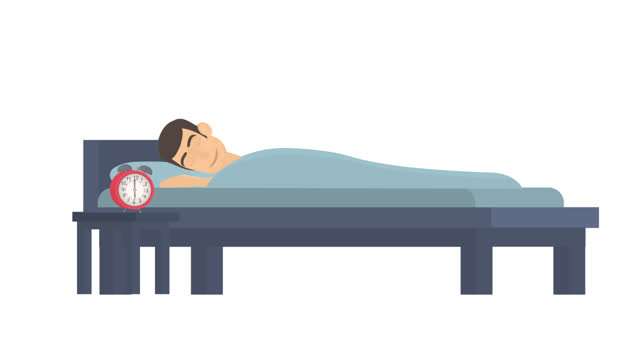Irritable Bowel Syndrome (IBS) is known to significantly impact the daily lives of those who experience it. However, what many people may not realise is the intricate relationship between IBS and sleep. Poor sleep can exacerbate IBS symptoms, and conversely, IBS can lead to disrupted sleep patterns. In this article, we’ll delve into this complex relationship and provide practical solutions for achieving better rest.
Understanding IBS
IBS is a chronic disorder affecting the large intestine, primarily characterised by abdominal pain, bloating, and changes in bowel habits. It presents in different types, including IBS with constipation (IBS-C), IBS with diarrhoea (IBS-D), or mixed IBS (IBS-M) where both constipation and diarrhoea are present. While the exact cause of IBS is not well understood, a combination of factors like gut sensitivity, alterations in gut motility, changes in gut microbiota, and the gut-brain interaction are believed to contribute to its onset and persistence.
The IBS-Sleep Connection
Several research studies have shown a significant link between IBS and sleep disturbances. People with IBS frequently report poor sleep quality, short sleep duration, and sleep interruptions due to IBS symptoms. The interplay between sleep and IBS is believed to be bi-directional: sleep disturbances can intensify IBS symptoms, and IBS symptoms can, in turn, disrupt sleep.
For instance, the gut follows a circadian rhythm, similar to the sleep-wake cycle. This rhythm influences gut motility and sensitivity, and disruptions to this rhythm – such as those caused by poor sleep – can worsen IBS symptoms.
On the other hand, abdominal pain, bloating, and urgent bowel movements associated with IBS can wake individuals from sleep, creating a cycle of sleep disruption and symptom exacerbation. This cycle can be particularly frustrating as it often results in daytime fatigue and decreased quality of life.
Solutions for Better Sleep
- Establish a Regular Sleep Schedule: Keeping a regular sleep schedule can help regulate your body’s internal clock, promoting better sleep. Try to go to bed and wake up at the same time every day, even on weekends.
- Create a Restful Environment: Ensure your bedroom is dark, quiet, and cool. Consider using room-darkening shades, earplugs, or a fan to create an environment conducive to sleep.
- Avoid Stimulants Before Bedtime: Caffeine and nicotine can disrupt sleep. Avoid these substances, particularly in the hours leading up to bedtime.
- Follow a Low FODMAP Diet: Certain types of carbohydrates known as FODMAPs can trigger IBS symptoms. Following a low FODMAP diet under the guidance of a dietitian can help manage these symptoms and promote better sleep.
- Exercise Regularly: Regular physical activity can help regulate the body’s circadian rhythm, reduce stress, and promote deeper, more restful sleep.
- Mindfulness and Relaxation Techniques: Practices like yoga, deep breathing, progressive muscle relaxation, or guided imagery can help reduce stress and encourage better sleep.
- Cognitive Behavioural Therapy for Insomnia (CBT-I): CBT-I is a structured program that helps individuals recognise and change unhelpful thoughts and behaviours that can interfere with sleep.
- Medication: In some cases, medications may be necessary to manage IBS symptoms and promote better sleep. Always consult a healthcare professional for personalised advice.
Understanding the connection between IBS and sleep can be key to improving both sleep quality and IBS symptoms. By implementing strategies to promote better sleep, individuals with IBS may find they experience a reduction in symptom severity and an overall improvement in their quality of life.

